Avram Alpert, co-editor of Shifter magazine, discusses why our competitive nature makes us forget that there is enough success to go around – and how to find purpose in life just being OK.
Read more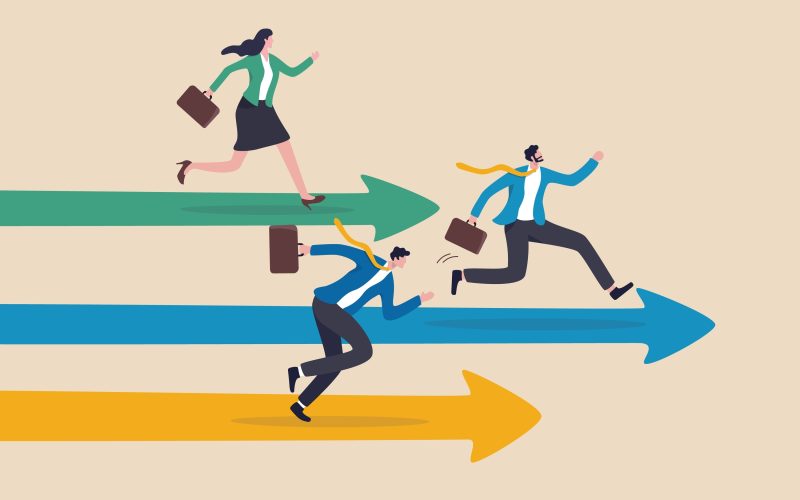


Avram Alpert, co-editor of Shifter magazine, discusses why our competitive nature makes us forget that there is enough success to go around – and how to find purpose in life just being OK.
Read more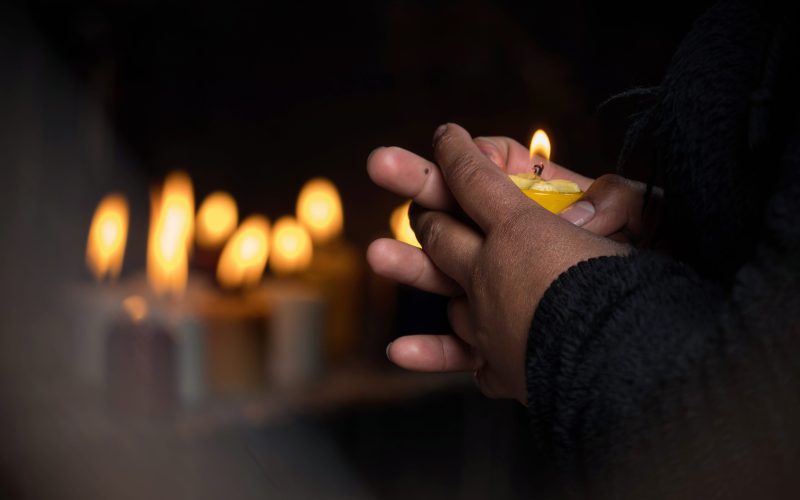
Katie Reilly talks about cumulative grief – where one loss exacerbates the effects of another – how that effects health and relationships, and how to make it through.
Read more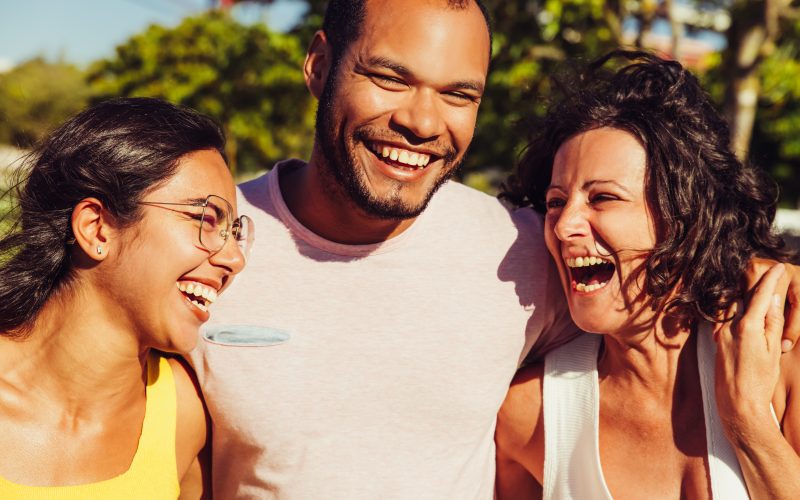
Health journalist Carolyn Todd joins Krys Boyd to discuss how well-being is tied to a mindset that embraces levity, and how humor can combat toxic stress.
Read more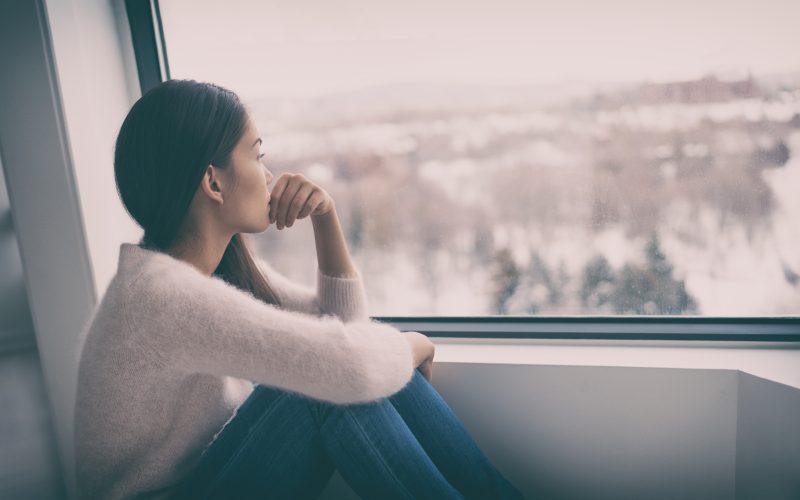
Kim Samuel is founder of the Samuel Centre for Social Connectedness. She joins host Krys Boyd to discuss the search for meaning in our lives, finding purpose in human connections and strategies for achieving happiness.
Read more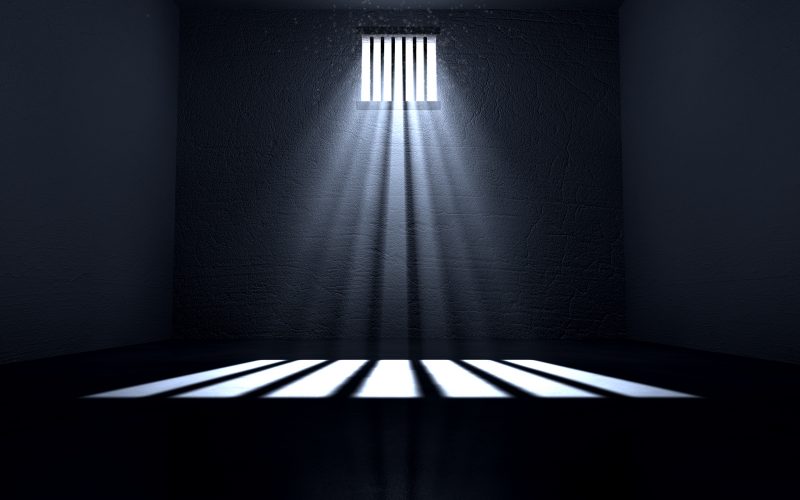
Ian Manuel joins us to discuss his crime, his quest for forgiveness, and why, he believes, we should not judge an entire life based on one’s worst day.
Read more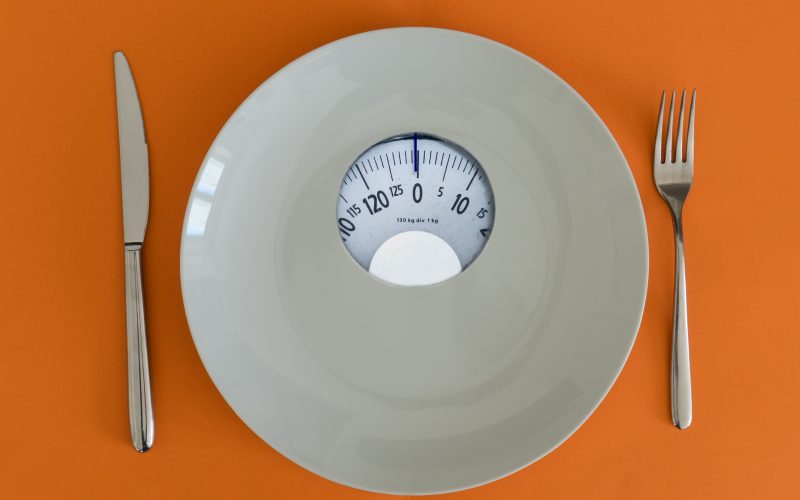
Kate Siber discusses atypical anorexia nervosa, where people starve themselves but do not exhibit extreme thinness.
Read more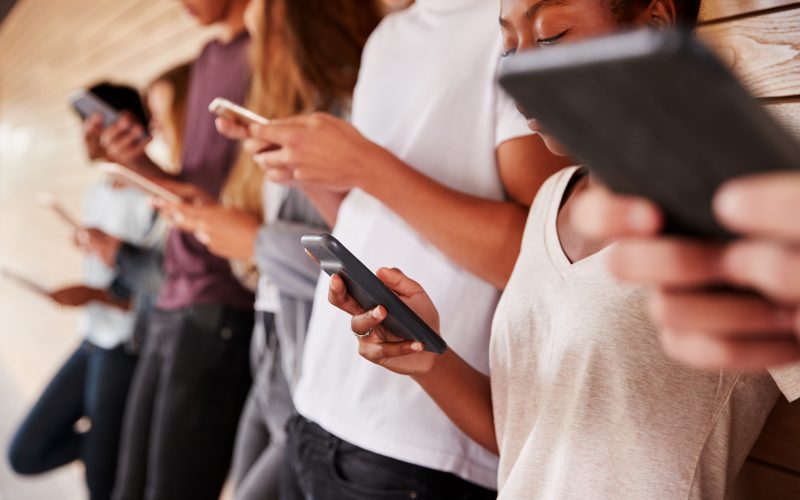
Emily Weinstein of Harvard’s Graduate School of Education talks about the ways teenagers navigate their online world and how parents can better understand their pull to be always connected.
Read more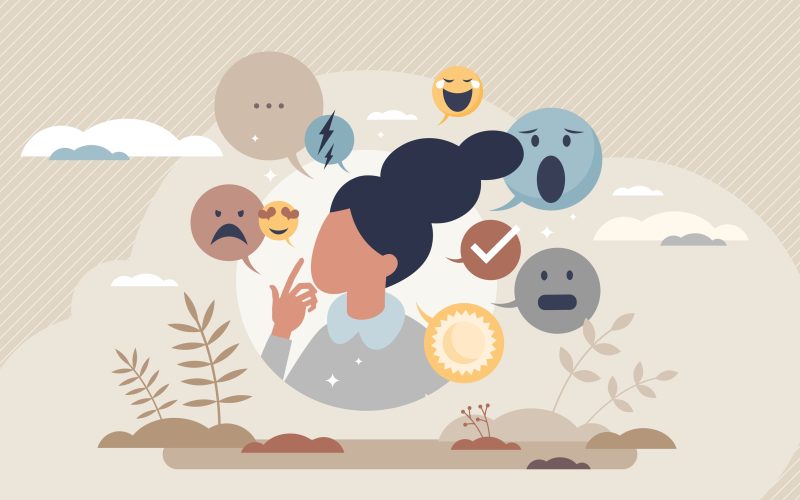
Social psychologist Batja Mesquita talks about why feelings differ from culture to culture — and why shame can be good.
Read more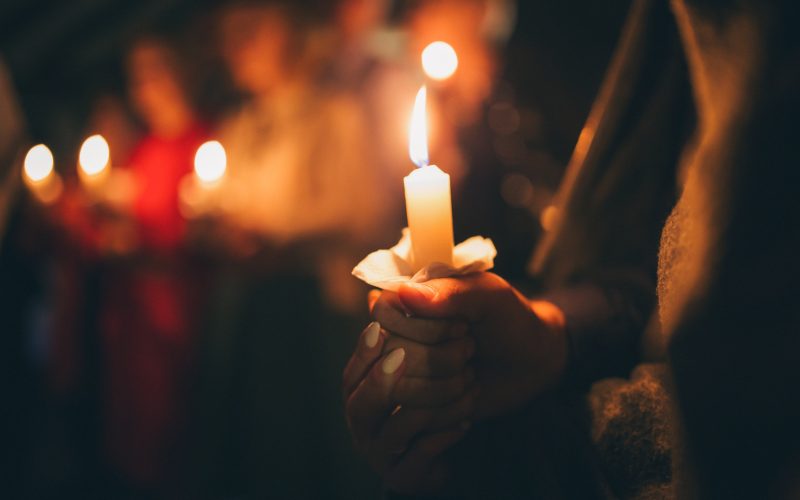
Daniella Mestyanek Young talks about being raised in The Children of God religious cult, her escape to build a new life, and what her later career in the military taught her about herself.
Read more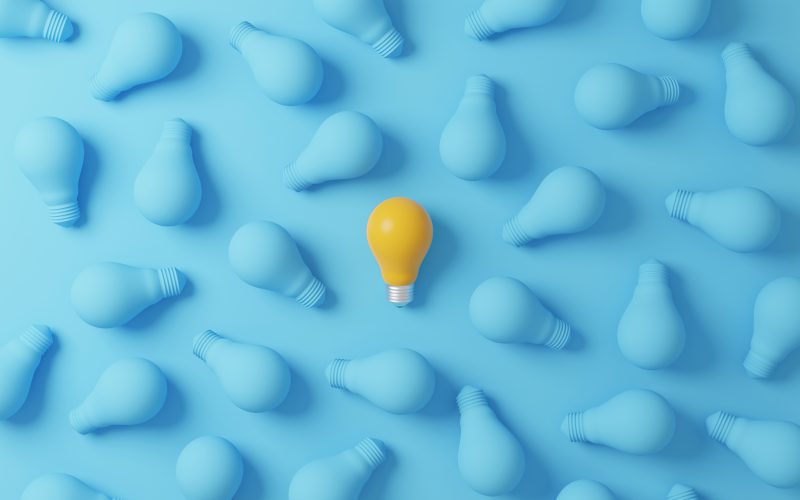
Devon Price talks about his own experience with neurodivergence and delves into the lives of people who feel ignored and invisible.
Read more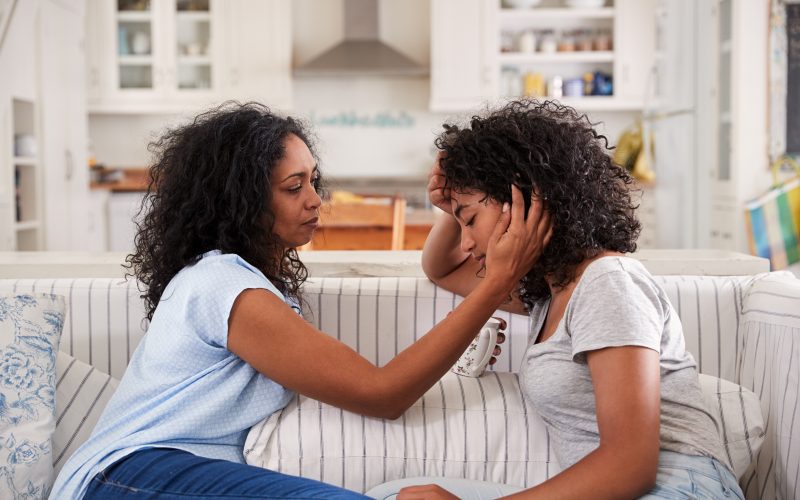
Terri Apter discusses teenagers and their changing emotions, how to better understand their emerging identities, and ways parents can strengthen relationships.
Read more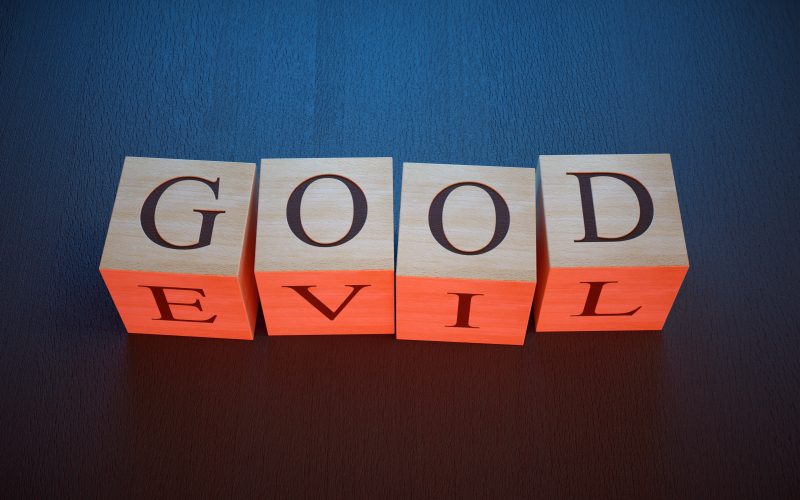
Professor Simon Baron-Cohen joins us to discuss the neuroscience of narcissism and psychopathy and the reasons someone might lack the ability to care.
Read more